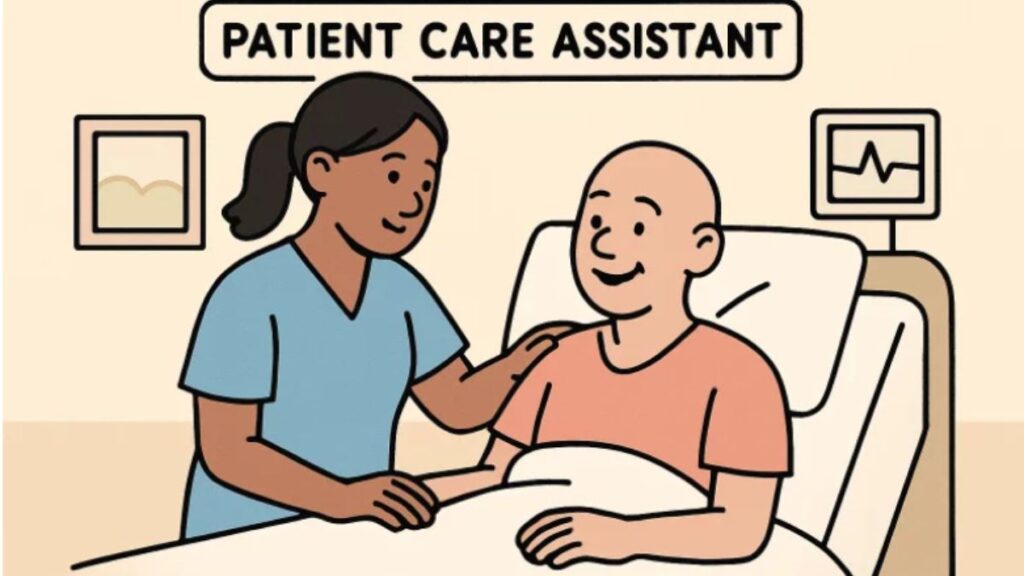Introduction to Patient Care Assistant Training
Patient Care Assistants (PCAs) fulfill a vital role in today’s complex healthcare environment, bridging the gap between patients and medical professionals such as nurses and doctors. By completing structured training programs, PCAs acquire not only the medical and technical skills but also the interpersonal abilities that define excellent patient support. These skills range from basic life support and infection prevention to empathetic communication and acute observation of patient needs. Training options are more flexible than ever before, thanks to online platforms like the PCA Online Course, which enable learners to engage with comprehensive curricula at their own pace, balancing educational goals with work and personal obligations.
Investing in PCA education is crucial in a growing healthcare era, as it not only provides stable employment but also enriches patient lives, supports healthcare teams, and ensures community health. Effective training equips PCAs with confidence and competence to address diverse patient needs.
Enhanced Career Opportunities
PCA training provides numerous career opportunities in healthcare, driven by the increasing demand for healthcare services resulting from aging populations and the prevalence of chronic illnesses. PCAs are sought after in hospitals, rehabilitation centers, nursing homes, and private residences, providing job security and flexibility. Certification from esteemed programs enhances employability, setting candidates apart in a competitive job market. Employers seek hires who demonstrate commitment to learning and professional growth through formal education. PCAs often progress into supervisory roles or specialize in high-demand areas, accelerating their career trajectory.
Improved Patient Outcomes
Patient Care Assistants (PCAs) play a crucial role in patient comfort, recovery, and safety. They are trained in essential medical tasks and non-clinical skills, which fosters strong patient-provider relationships and improves overall patient experiences. Studies show that well-trained PCAs reduce the likelihood of adverse events like falls, medication errors, or unnecessary emergency visits. Robust training also includes emergency response preparation, making a significant difference in critical moments. A knowledgeable and compassionate PCA promotes safer, more holistic, and dignified care, resulting in improved patient outcomes and a higher quality of life.
Comprehensive Skill Development
PCA training programs provide comprehensive curricula that cover essential daily living activities, technical areas such as documentation, pharmacology, infection control, and emergency response procedures, as well as soft skills including teamwork, conflict resolution, cultural competence, and ethical decision-making. These programs prepare graduates to perform effectively in multicultural and multidisciplinary environments, fostering trust with patients from diverse backgrounds. By cultivating both hard and soft skills, PCA programs produce professionals who can adapt to different clinical settings and foster trust with patients.
Pathway to Advanced Roles
Earning a PCA certification is a rewarding starting point for healthcare professionals seeking to advance their careers. Daily work as a PCA exposes individuals to various medical situations and patient conditions, building confidence and sparking an interest in specialties such as geriatrics, pediatrics, mental health, or rehabilitation. Many PCAs leverage this foundational experience as they progress to advanced roles, such as Licensed Practical Nurse (LPN) or Registered Nurse (RN). Real-world learning in patient care cultivates deep understanding of patient needs, teamwork, and clinical workflow, which are transferable to higher-level positions. Former PCAs bring a unique perspective and hands-on knowledge, enriching the healthcare workforce and elevating care standards.







